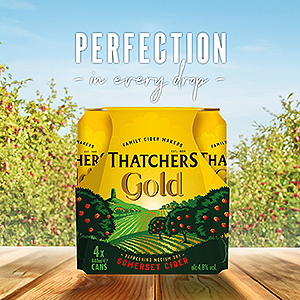The Visitor Levy (Scotland) Bill, which would allow Scottish local authorities to introduce an overnight accommodation levy, has mostly been supported by the Holyrood Committee considering the legislation after consultation.
In a report, the Parliament’s Local Government, Housing and Planning Committee said that a majority of members of the committee support the general principles of the bill and found that it was “unlikely that the introduction of a levy in certain local authority areas, assuming a relatively modest rate, would have a deterrent effect on visitor numbers and therefore on the visitor economy in Scotland”.
A majority of members however agreed with evidence from stakeholders that suggested the introduction of a levy has “the potential to bring significant benefits to visitors, the tourism sector and local residents”.
The committee supports the bill’s provision to give local authorities the ability to choose whether to introduce a levy and how to apply it locally, believing that this will allow councils to “design and implement it in a way that suits local circumstances”.
However, the committee also recognised business concerns around the timing of the legislation, following the impact of Covid-19 on Scotland’s tourism sector and the increased costs of doing business, as well as recent changes to short-term lets licensing.
Considering if any levy should be a flat or percentage rate, the committee considered this was “perhaps the most difficult aspect of the bill in terms of determining what the right approach should be” and invited the Scottish government to undertake further work on this area of the bill to find a suitable solution.
The earliest date a visitor levy could be applied by local authorities is 2026, which a majority of members of the committee considered would provide enough time for any “outstanding issues to be resolved through engagement and consultation” with businesses and other key stakeholders. However, the committee also invited the Scottish government to respond to suggestions from some councils that they should be able to introduce a levy sooner than 2026.
Committee Convener, Ariane Burgess MSP, said: “After thorough consultation and consideration, most members of the committee have supported the core principles of the legislation, emphasising that a well-designed levy, at a modest rate, shouldn’t discourage visitors and should bring benefits for the tourism sector.
“Furthermore, the report pushes expectation to resolve outstanding issues onto the Expert Working Group and the guidance that will be created. This is not good enough, as the guidance will not be statutory, leading to a variety of approaches in implementing this tax in different parts of the country.
“It appears that business-critical issues raised during the consultation and at the committee’s evidence sessions are being swept under the carpet. If we are to learn lessons from previous failed initiatives, like the Deposit Return Scheme, all these issues must be resolved in legislation. That is the only way to provide certainty to businesses.”







